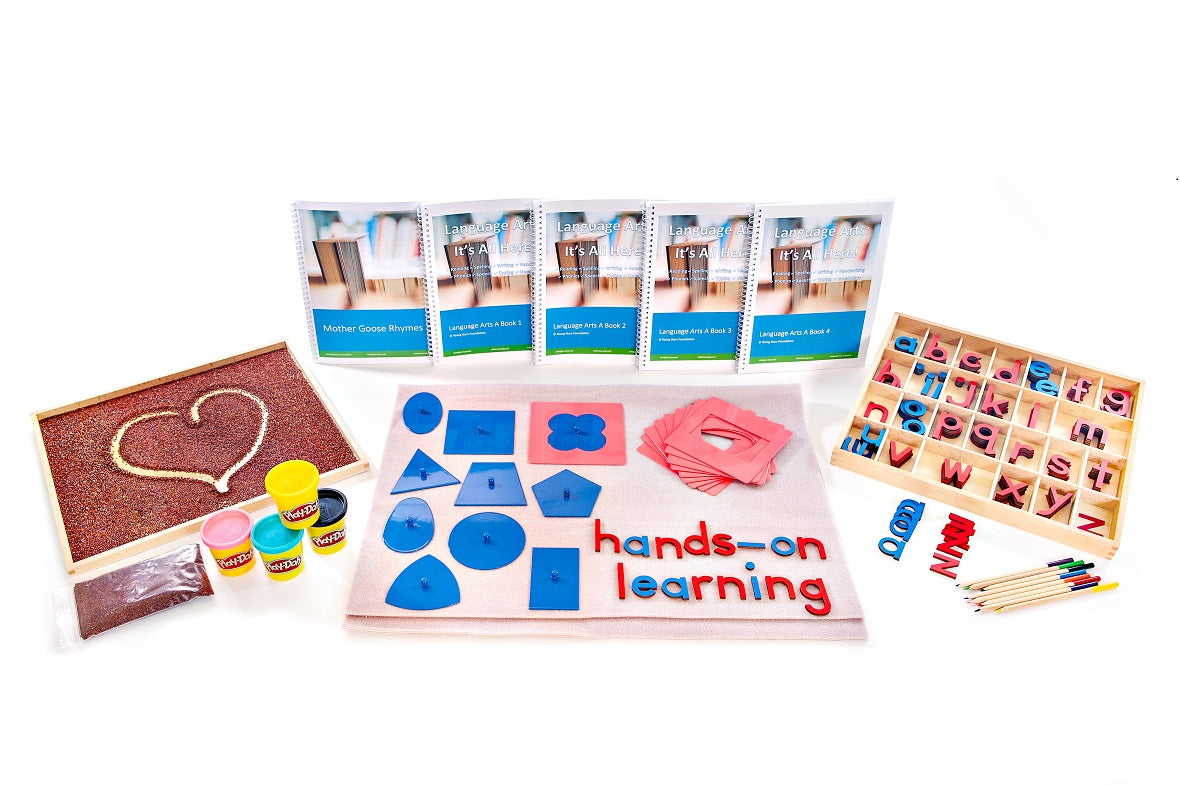How This Grace & Courtesy Printable Pack Turns “Chores” into Games
The Merriam-Webster Dictionary defines Courtesy as: “behavior marked by polished manners or respect for others : courteous behavior.” In the Montessori method, an emphasis is placed on Grace & Courtesy as part of a student’s education. What exactly does this mean?
Grace & Courtesy in the Montessori context is as we read in the definition above, helping our children develop habits and manners that allow them to show politeness and care. Grace & Courtesy is extended to ourselves, our loved ones, our environment, our pets, and our community. These skills help us to help others, contribute in meaningful ways to society and make the world a better place.
In the ShillerLearning Grace & Courtesy Activity Pack, we have over a dozen activities designed to help your child gain an understanding of Grace & Courtesy, and to incorporate these principles into your home. We even made several “games.”
Who said manners have to be no-fun?
We included classic Montessori works such as “Walking the Line”, as well as a fun Grace & Courtesy board game. While some of these activities may seem like common sense, much of Grace & Courtesy consists of life skills that children do, in fact, need to be taught and practice. This pack may be used over an extended period of time and you will likely find yourself coming back to some of these activities time and time again.
It is our hope that little by little, these works will help your child see the world in a new way and look out for ways to care for others. These works can be used by all ages, although many of the activities are geared towards preschool and early elementary. You may find that some of these activities are easier to use spontaneously when a need arises to work through conflict, frustration, or care in a different manner.
These are perfect when you want to try a “new” approach. If your child has issues with specific rude behaviors, there are a few games they can try in this pack like the "Quiet Game" or "Preparing and Serving Food". These are great to start the conversation around manners in a “fun” way. However, discipline does have its place to help children understand their actions have consequences.
Some of these activities may be incorporated into role-play activities as well.
Parents and adults in a child’s life are always the best examples. Our children are always watching and imitate the ways we interact with others as well. Grace & Courtesy skills are skills we work on all our lives - skills we can model for the benefit of those we mentor.
More tips for parents to model Grace & Courtesy:
-
Avoid talking on your cell phone when at the store, bank, or other locations where you will be interacting with employees
-
Demonstrate speaking with a calm, quiet, and clear voice
-
Look people in the eye when speaking to them
-
Ask before hugging or touching others
-
Call cashiers, servers, librarians, etc. by their name when thanking them; this small step makes a dramatic difference to them and to your child in learning how to politely interact
-
Demonstrate pushing in your chair, hanging up your coat, and careful care of your environment
-
Communicate when you need some time alone, and when you have strong feelings that may mean you need a little extra space
-
Speak in the positive during challenging situations and suggest positive solutions
-
Ask your child if you can join them in watching them work, playing with them, or joining in an activity
-
Use open communication with a lot of “I feel,” “Please,” “Thank you,” “I appreciate you,” “Excuse me,” “May I” phrases
-
Show how to take turns with another adult
-
Write a letter to someone with your child
-
Aid anyone you see in need while out and about, help the older woman carry her groceries, distract the crying baby, grab the item off the high shelf, etc; this can be a bit awkward to develop but sets a big example
Songs and games children enjoy that enforce these concepts include:
-
Where is Thumbkin?
-
Mother May I?
-
Polite Patty Says (Simon Says)
-
Getting To Know You
-
Telephone
-
Teddy Bear Picnic
We hope you enjoy this pack and please share with your friends on social media!






